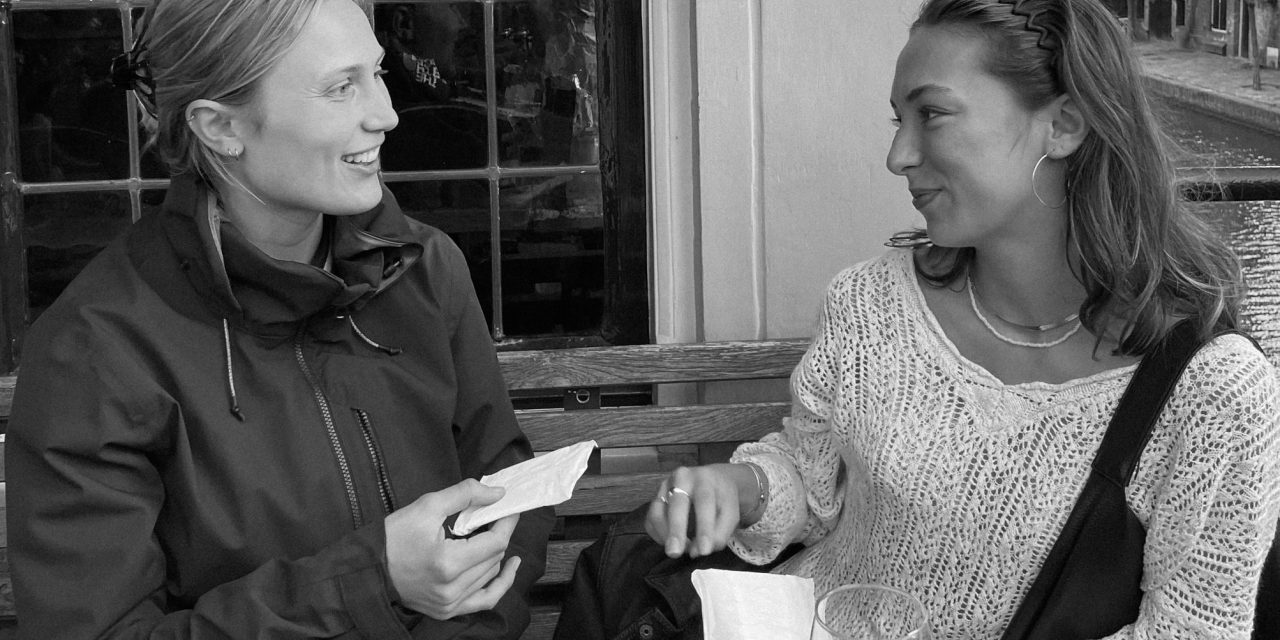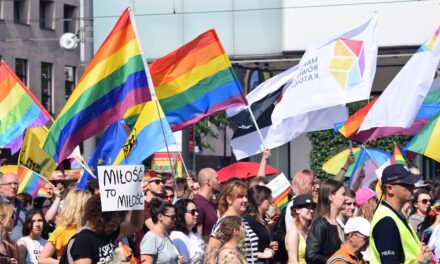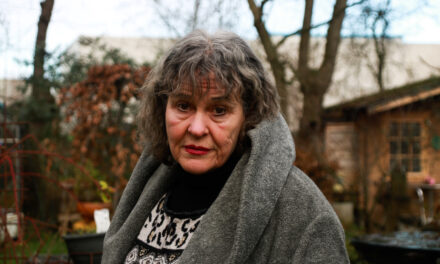Younger generations of Polish women have begun to push back against the traditional and conservative narratives revolving around menstruation and menstrual health. This shift has sparked opposing views among older generations, such as Polish parents or grandparents. Seemingly, the rise in popularity of social media has provided younger generations with an accessible resource to gain knowledge and further develop their education on the topic of menstruation and menstrual health. During a phone-held interview, 21-year-old Zuzanna Głogoza states, “On social media, young Polish doctors post more about menstrual health and young people follow this content.” She continues, “Social media has helped younger generations break through the stigma.” While social media has played a role in properly educating younger generations, local initiatives in Poland, such as Pink Box (boxes where women can exchange and take period products for free), have also contributed to the destigmatization of menstruation and menstrual health. Głogoza adds, “It plays a big part in breaking the stigma. Me and my friends use it and it is really helpful to have that available.”
Research by Koszykowska suggests that Poland has traditionally had a conservative political and social environment, with influence from its Catholic roots and right-wing political parties that have held power within the country (2018). Furthermore, according to Boguszewski and Bożewicz, values centered around family and religion have shaped the landscape of public education for Polish youth, diminishing knowledge of menstrual health and contributing to the perpetuation of menstrual stigma (2020). This is reflected in the primary school course ‘wychowanie do życia w rodzinie,’ which in English translates to ‘Education for Family Life.’ While following the course “Education for Family Life,” boys and girls are separated into different classrooms when it is time to discuss basic biology, genital anatomy, and menstruation. “Boys learned about menstruation, that women will ‘not feel so good’ for a period of time, and that we should be kinder to them,” says 50-year-old Tomasz Ciesielski in a video meeting with Ilona Ciesielska and myself. “The girls learned more about the actual anatomy and medical side of menstruation.” In discussion with Głogoza about ‘Education for Family Life,’ she emphasizes that “I don’t think this dynamic in society has changed. I would like to see a change in education and schools. Teachers who are qualified and teach both boys and girls together.”

Menstruation has been a topic of secrecy and shame, rarely discussed openly unless mocked or avoided. Ilona Ciesielska, 50, reflects on her adolescence, “With friends, we talked about it quietly. We used to say ‘Aunt Flow came in’ or ‘I’m indisposed.’ Now there is more use of medical terms like ‘period’ and ‘menstruation.’ That is normal now.” In addition, her husband Tomasz Ciesielski notes, “The Bible says many, many times that menstruation is dirty and unclean. You can’t change the wording of the Bible or when a priest talks about the things in the Bible, so the period is of course talked about to make you think it’s nasty and a dirty thing.”
In response, younger generations are calling for actionable change, honest education, and the normalization of menstruation and menstrual health. As 20-year-old Laura states over a phone-based interview, “The main thing I would like to see is more education in primary schools, as well as in small villages and cities, not just in the big cities that are already educated. It needs to be recognized and normalized more by society.” The narratives that have long determined the social standard for menstruation in Poland are changing. Efforts in education and communication are challenging the conservative stigma and driving change. To this, Laura concludes, “Gen-Z is making big steps to talk more about the stigma and menstruation. Pink Box is a good example of this.”




